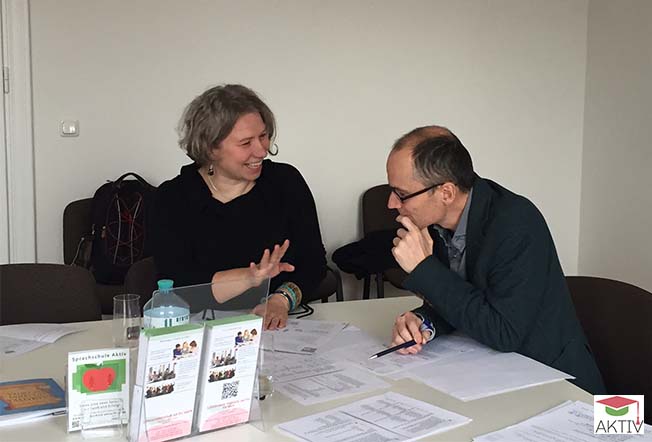“In Keiner Weise” Is Actually Not “Keinster Weise”- Why?
“In keiner Weise” is actually not “keinster Weise”. Why some words in German are used incorrectly even by native speakers?
Do not imitate! While you are learning the German language, be careful; some native speakers are not even aware of their mistakes.
If someone tells you, “Du bist die einzigste”, then there’s something wrong. Maybe the person really likes you, but his/her grammar is not right.
Only “einzig” is correct
Let’s take it this way: You know from maths that you can not divide by zero. If nobody wants any cake, there’s no reason to share it.
It’s the same with the term “einzig”. He/She describes that something is there only once.
Example:
If all the kids have been picked up by their parents except Lisa, then Lisa is the only one left.
Incorrect version: “Lisa ist die einzigste, die noch da ist.”
Correct: “Lisa ist die Einzige die noch da ist.”
Why is this wrong?
“Einzig” can not be graded. It does not make sense: “einzig, einziger, einzigste“.
To make it easier, let’s go back to the mathematical logic:
If Robin does not know the answer to the question, he can not solve it any way → “in keiner Weise” (not “in keinster Weise”).
Why?
If he has zero ideas, he can not have zero to the power of “x” ideas. Zero high x still equals zero. “Keine” = zero. One can not increase zero and neither the word “keine”.
Note: Nevertheless, you will encounter the mistakes in everyday life again and again. Many people say “Auf keinsten Fall” and mean that they deny something. It still is wrong. The correct form is “Auf keinen Fall”. “Kein” and “einzig” are examples of “absolute” adjectives.
Verbs can not be increased
A similar problem exists with verbs. When adverbs like “höchst” or “meist” join a “tu”-word, a mistake is made.
People mistakenly formulate it as follows:
I “Dieses T-Shirt in meinem Onlineshop ist das am meisten geklickteste.”
You now wonder what this sentence should tell you. Actually, the person just wanted to tell you that this one T-shirt had the highest number of views.
The correct sentence would be:
II “Dieses T-Shirt in meinem Onlineshop ist das am meisten geklickte.”
You sound like a native speaker when you say this:
III “Dieses T-Shirt wird in meinem Onlineshop am meisten (häufigsten) angeklickt.”
Remember:
Verbs can not be increased. The adverb takes over this task. It shows how the “tu”-word is used. That is why the German synonym for adverb is also “Umstandswort”.
So that you understand clearly what is meant:
“Oft geklickt” → “mehr geklickt” → “am meisten geklickt”
“Geklickt ” remains the same, only the adverb changes and describes, how something was clicked.
All clear now? The German language might be confusing from time to time, but you can still express yourself correctly and very precisely.
Und in keiner Weise ist Deutsch die einzige Sprache, in der sich “einzig” nicht steigern lässt.













